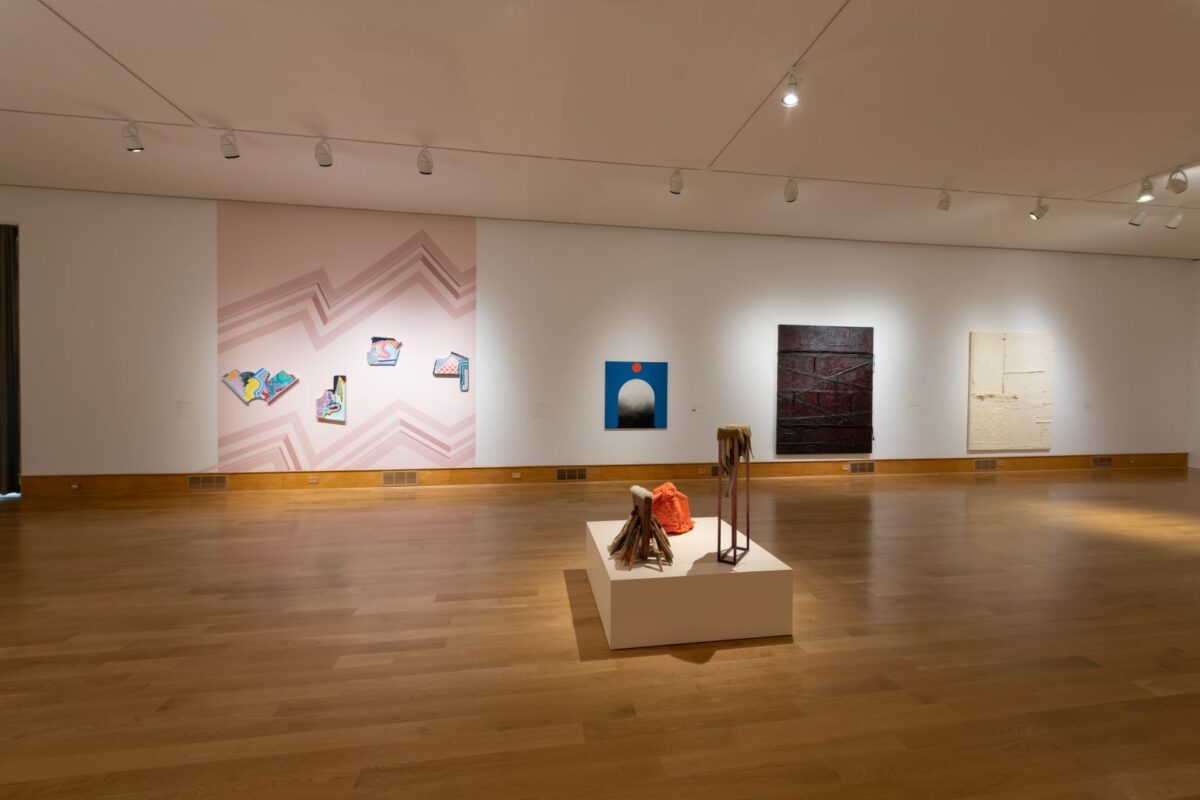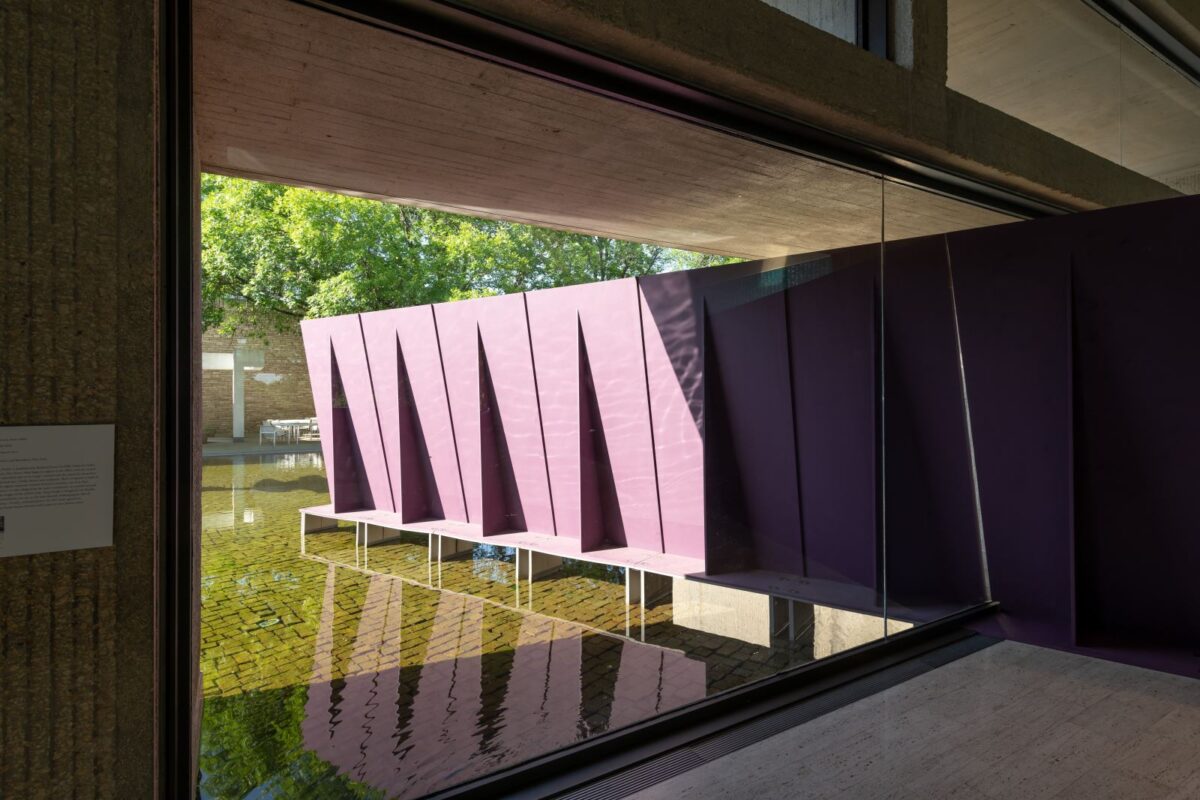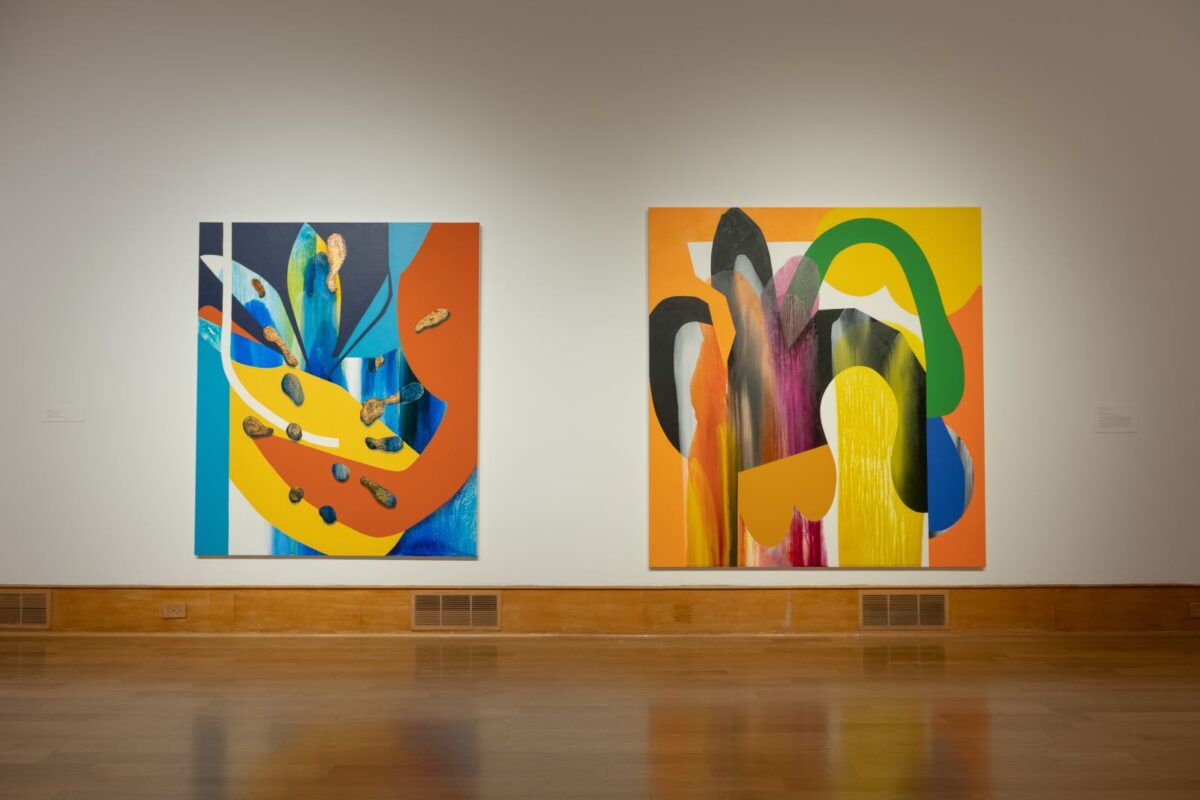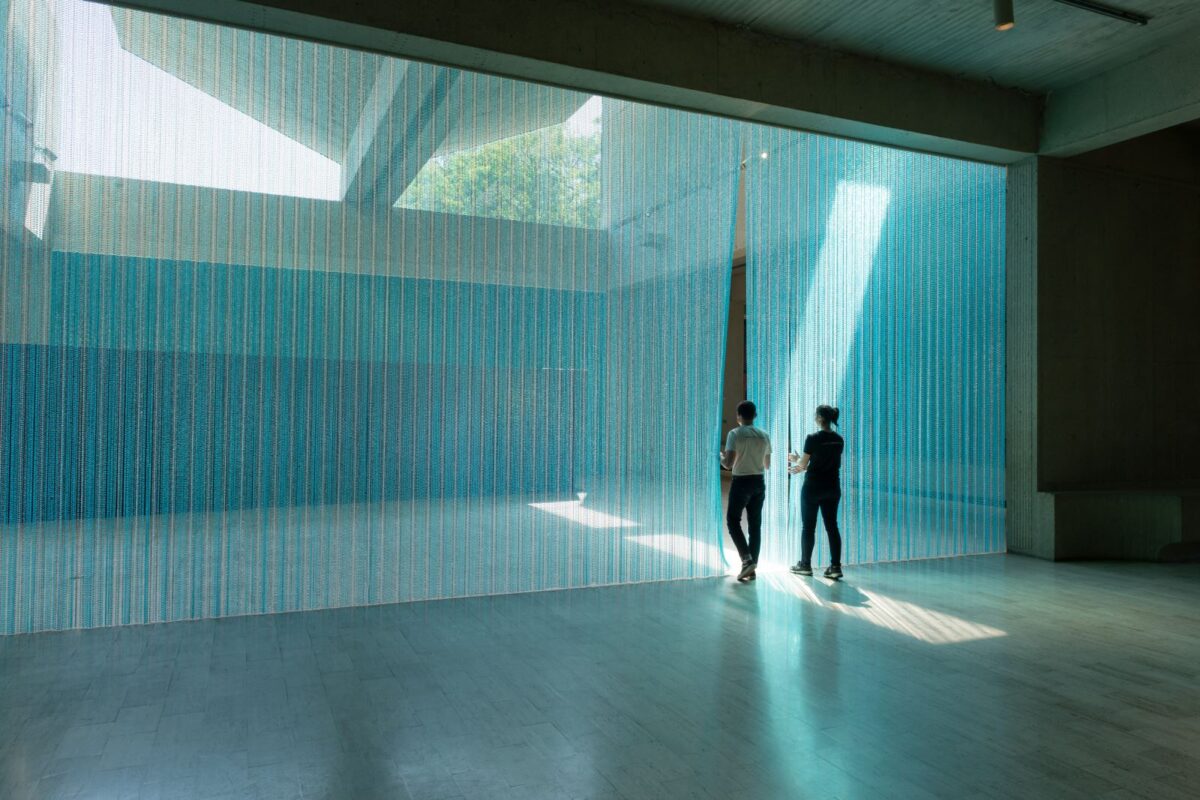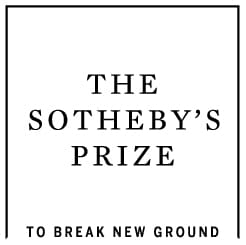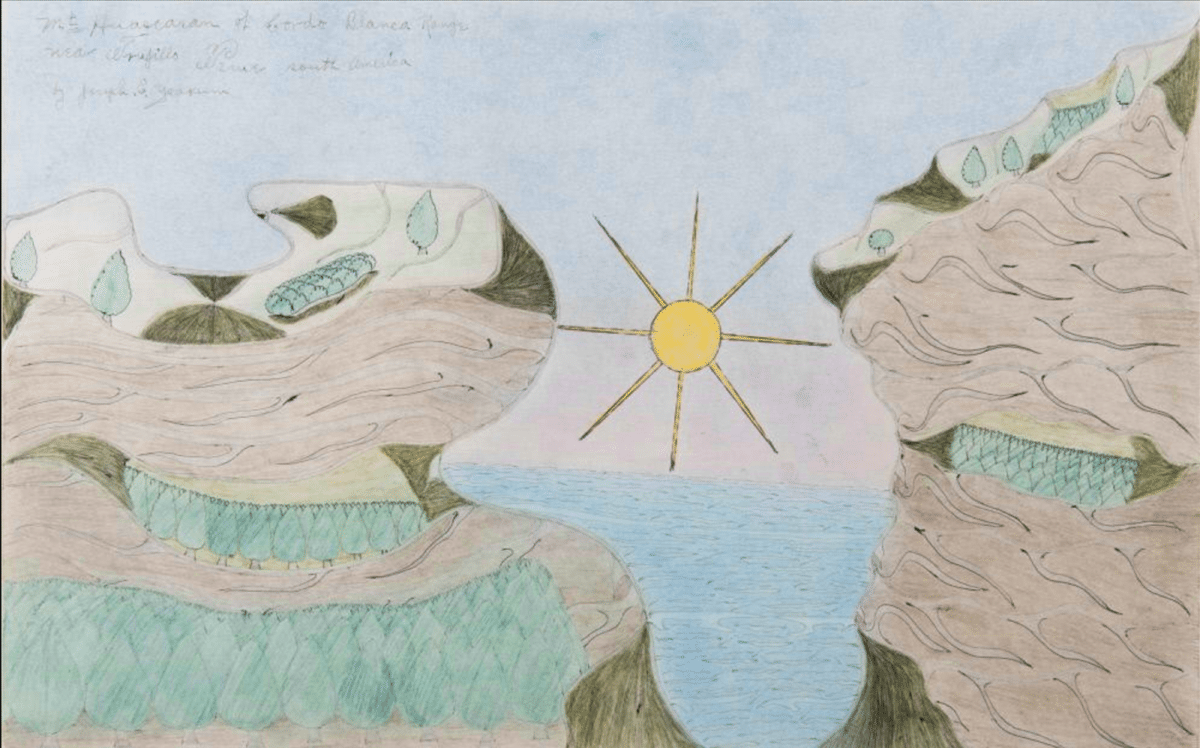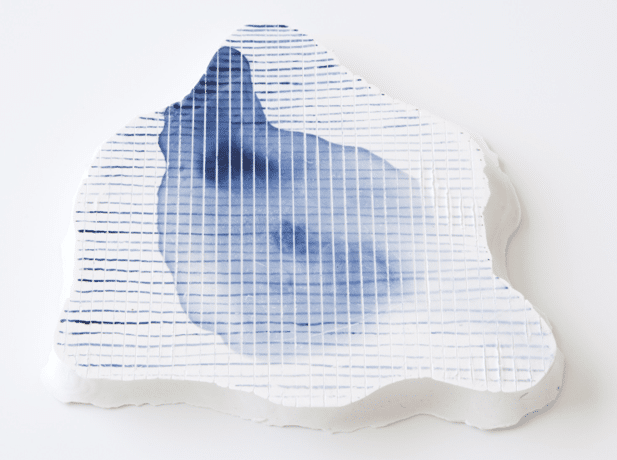Past Exhibition
Queer Abstraction
Queer Abstraction is the first exhibition in the Des Moines Art Center’s 70-year history to focus exclusively on queer subject matter. It marks a substantial shift in the Art Center’s programming by purposely including queer voices that have been left out of art history. Assistant Curator Jared Ledesma is organizing the exhibition.
For more than a century, many Lesbian, Gay, Bisexual, Transgender, and Queer artists have turned to the language of abstraction to illustrate diverse facets of sexuality and gender.
In response to specific struggles—such as the criminalization of homosexuality, the Civil Rights Movement, and the AIDS crisis—queer artists have embraced abstraction to communicate their unauthorized desires and identities through an accepted mode of art. Marsden Hartley’s modernist portrait of his fallen lover, Louise Fishman’s queer feminist canvases, and Felix Gonzalez-Torres’s tender, conceptual works are but a few examples. Currently, abstract art that embodies this mode of expression has gained the moniker “Queer Abstraction,” and has become a growing aesthetic force during the present, unsettling era. Queer Abstraction unites contemporary artists who utilize the amorphous possibilities of abstraction to convey what it means to exist on the margins.
Artists include Math Bass, Mark Bradford, Edie Fake, Felix Gonzalez-Torres, Harmony Hammond, Nicholas Hlobo, John Paul Morabito, Carrie Moyer, Sheila Pepe, Prem Sahib, Jonathan VanDyke, and Jade Yumang. The project also includes the commissioning of works by Elijah Burgher and Mark Joshua Epstein, and a new edition of artist Tom Burr’s large-scale sculpture Deep Purple.
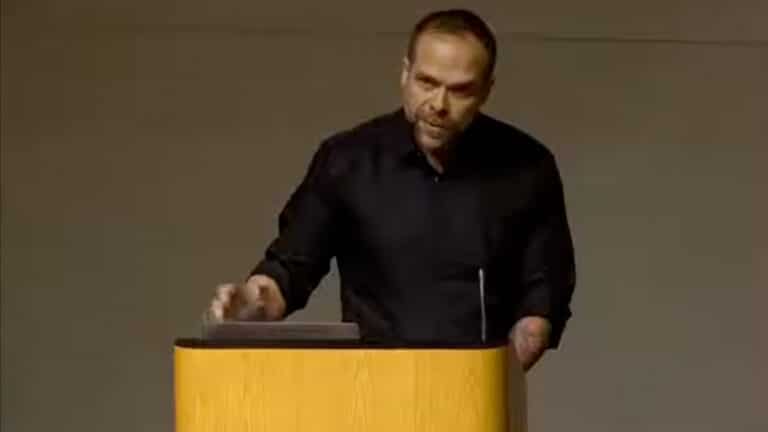
Video
The Possibility of Queer Abstraction
David J. Getsy, Professor of Art History at the School of the Art Institute of Chicago, discusses the ways in which some queer artists have addressed the problem of representation by pursuing abstraction.
Selected Works from Queer Abstraction
